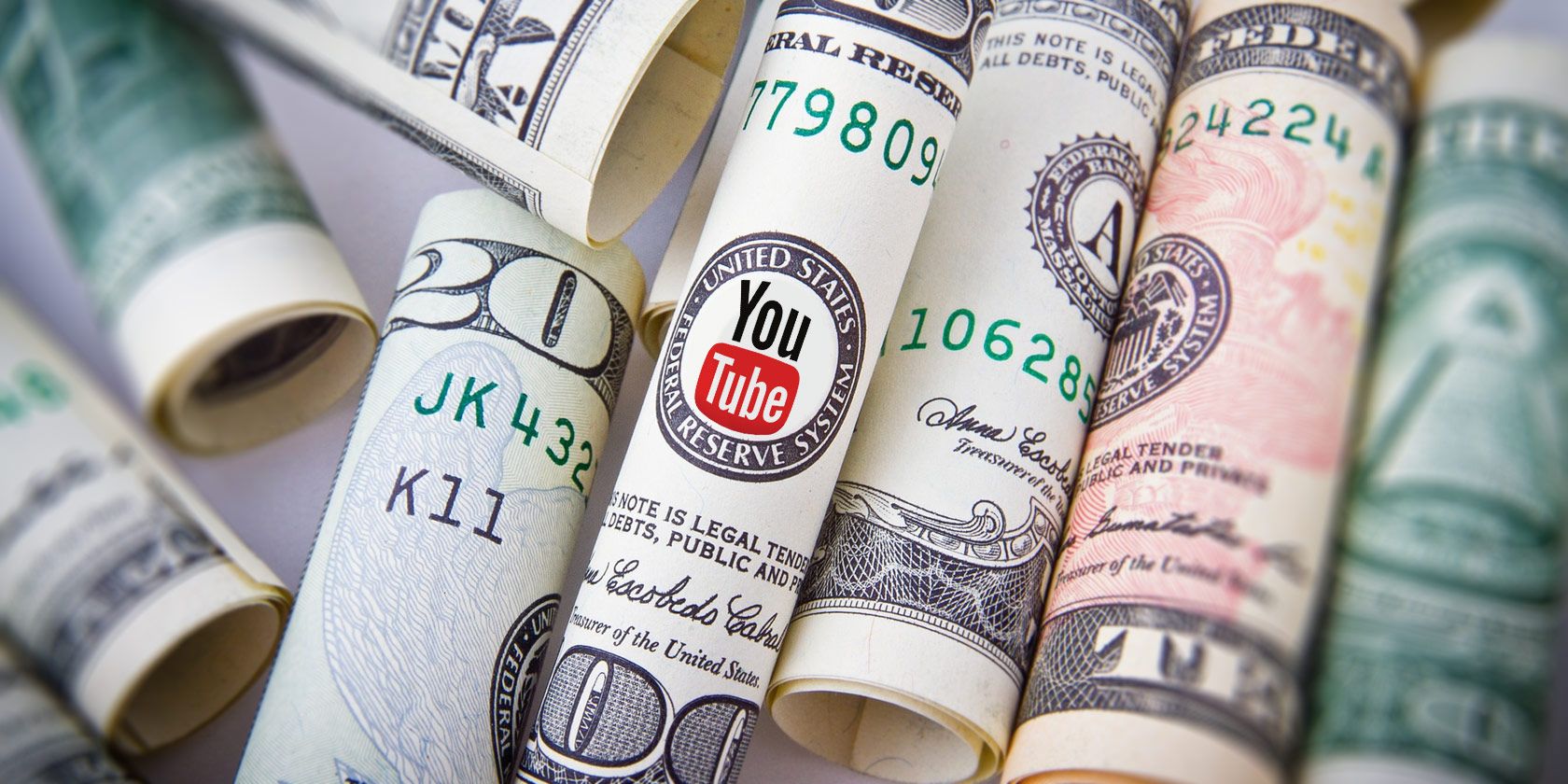In an effort to appease both creators and advertisers, YouTube has clarified what kinds of videos will now be monetized. This is an attempt to get everyone back on the same page. A necessity after brands pulled their advertising, and creators found their videos being demonetized.
Earlier this year both The Times of London and The Wall Street Journal took YouTube to task for ads appearing on "offensive" YouTube videos. Brands pulled their advertisers, leading YouTube to start demonetizing videos left, right, and center. And creators were understandably upset.
YouTube Asks Everyone to Play Nicely
YouTube has published a blog post explaining exactly what it has done to bring everyone back on side. First, it has updated its overall guidelines advising creators how to keep make content that's advertiser-friendly. YouTube has also decided to take a tougher stance on the following:
- Hateful content: Content that promotes discrimination or disparages or humiliates an individual or group of people on the basis of the individual’s or group’s race, ethnicity, or ethnic origin, nationality, religion, disability, age, veteran status, sexual orientation, gender identity, or other characteristic associated with systematic discrimination or marginalization.
- Inappropriate use of family entertainment characters: Content that depicts family entertainment characters engaged in violent, sexual, vile, or otherwise inappropriate behavior, even if done for comedic or satirical purposes.
- Incendiary and demeaning content: Content that is gratuitously incendiary, inflammatory, or demeaning. For example, video content that uses gratuitously disrespectful language that shames or insults an individual or group.
YouTube isn't banning videos containing any of the above from appearing on its platform. That is as long as they comply with the company's Terms of Service and Community Guidelines. However, they won't have any advertising attached to them.
Most YouTubers will keep on doing what they want to do. Even if that means losing money when they post controversial videos. But for those only in it for the money, YouTube has also launched a new Creator Academy course advising how to make content that appeals to advertisers.
Can YouTube Please Everyone All of the Time?
YouTube needed to act in order to stop brands taking their advertising dollars elsewhere and to stop content creators from fleeing to a new platform. Because without that combination of creators and advertisers YouTube's ability to make money vanishes into thin air. However, it remains to be seen whether YouTube will manage to please everyone all of the time.
Do you make YouTube videos? Do you make money from YouTube? Have you ever had a video demonetized for no apparent reason? What do you think of these new guidelines? Has YouTube gone too far to appease advertisers? Please let us know in the comments below!

